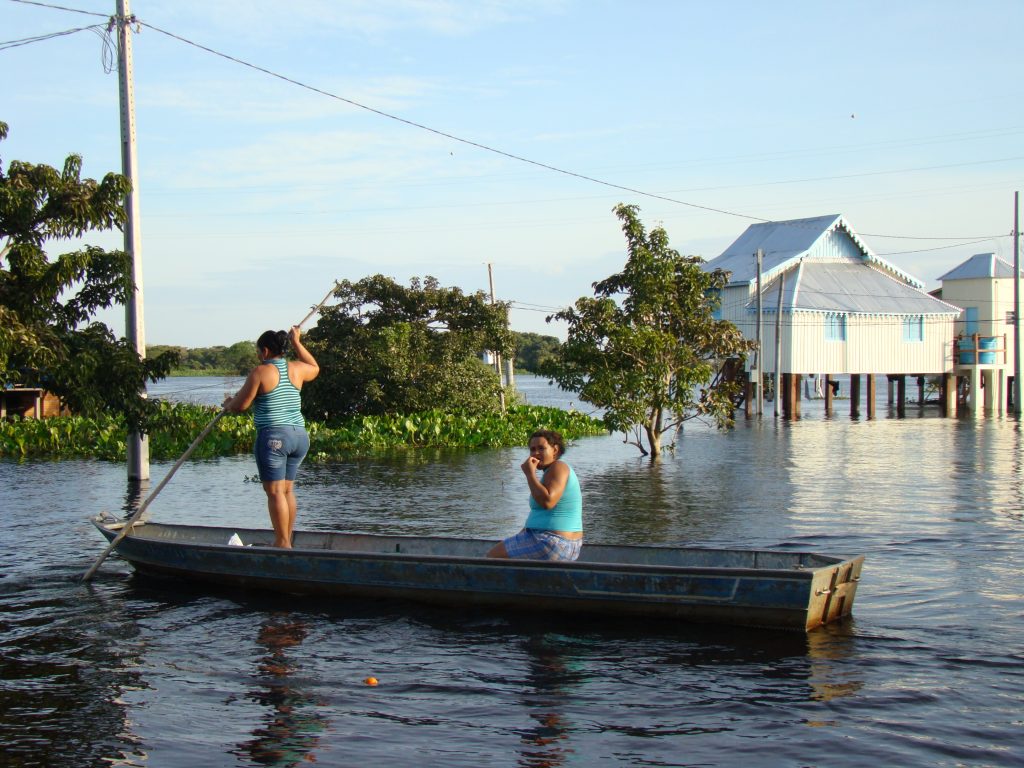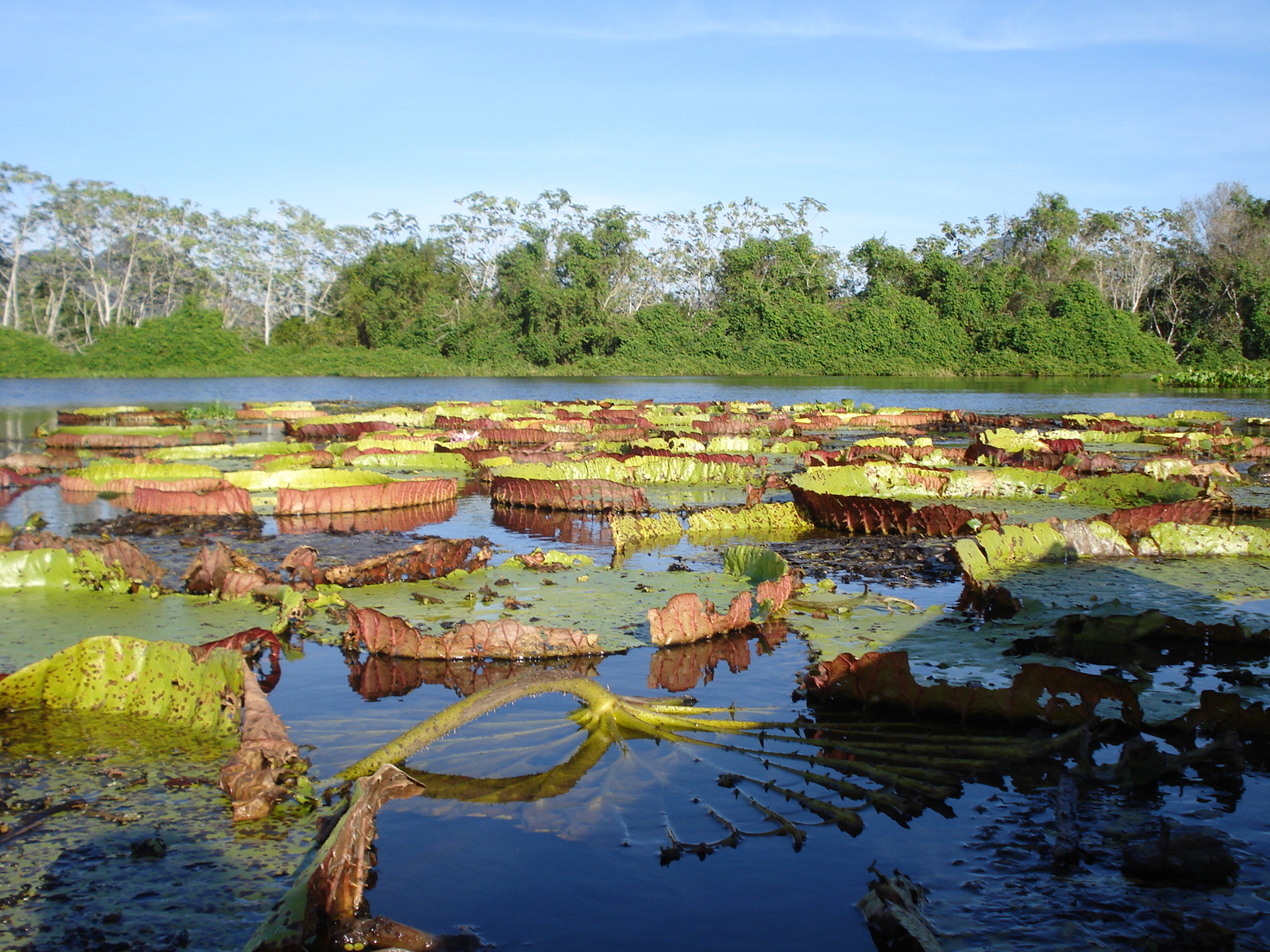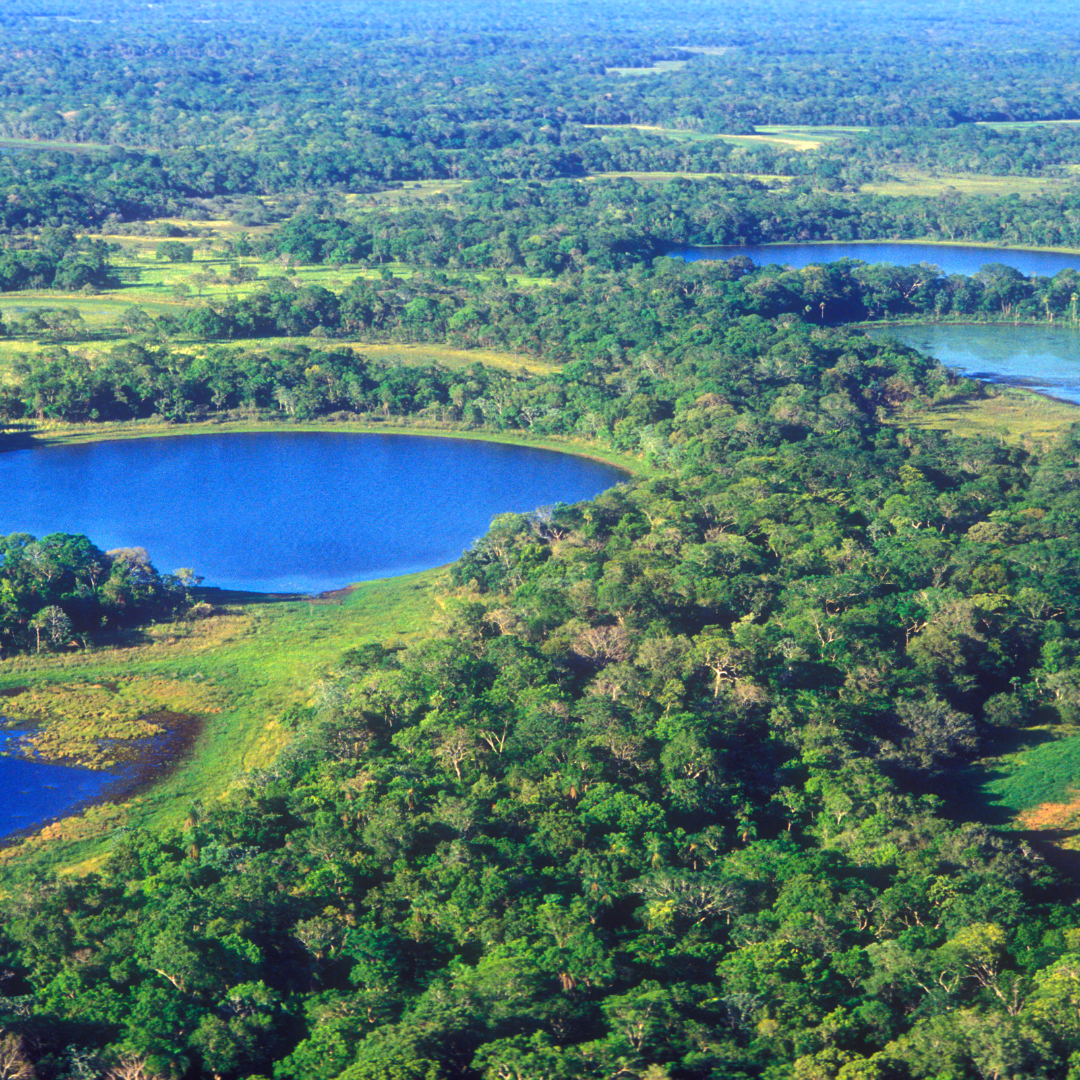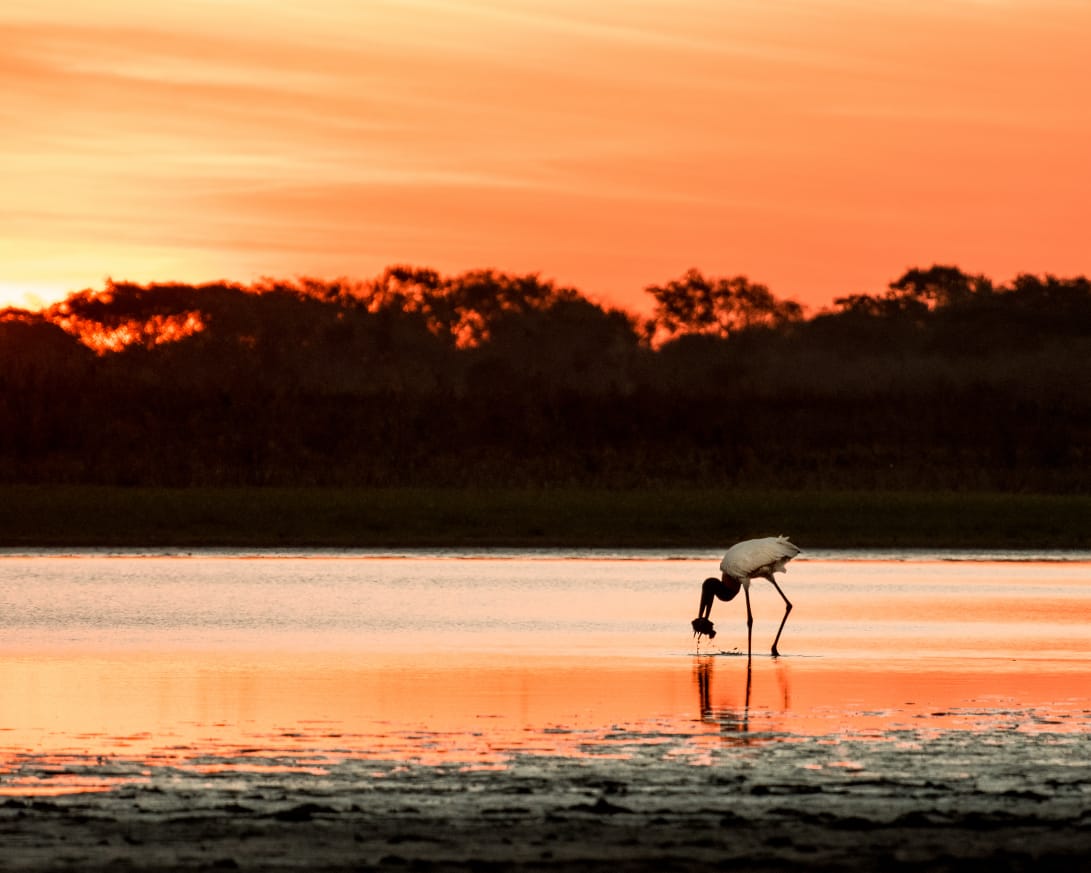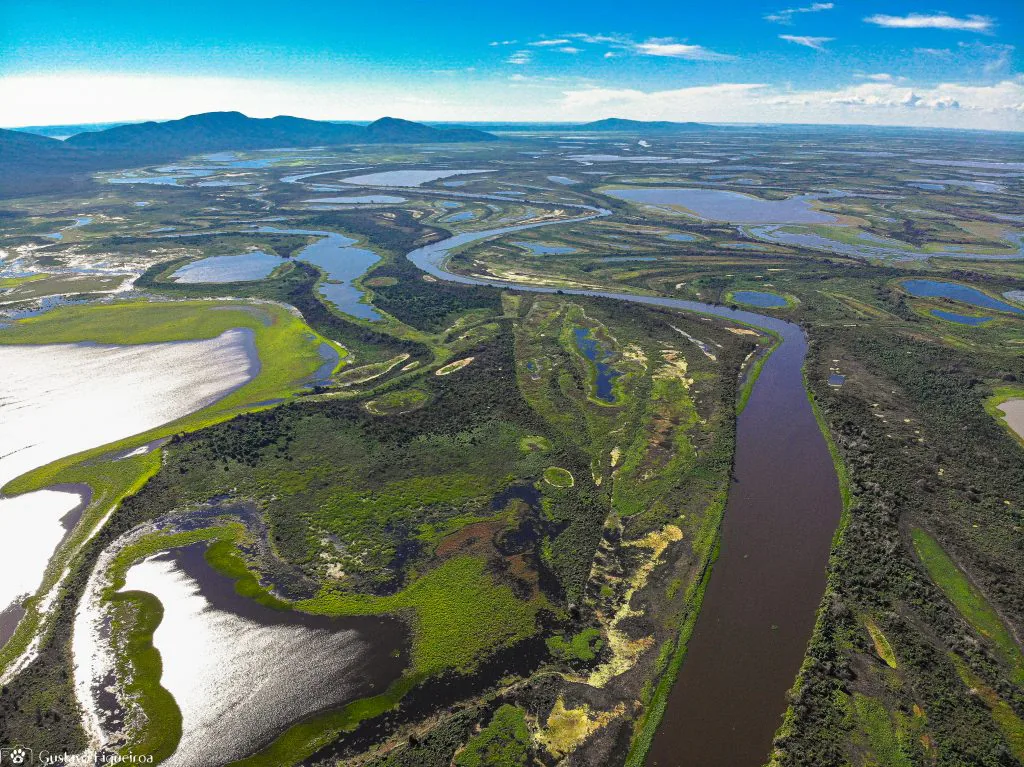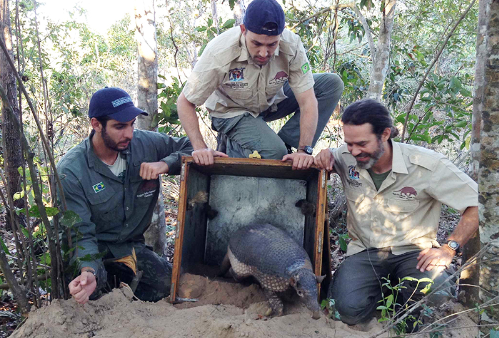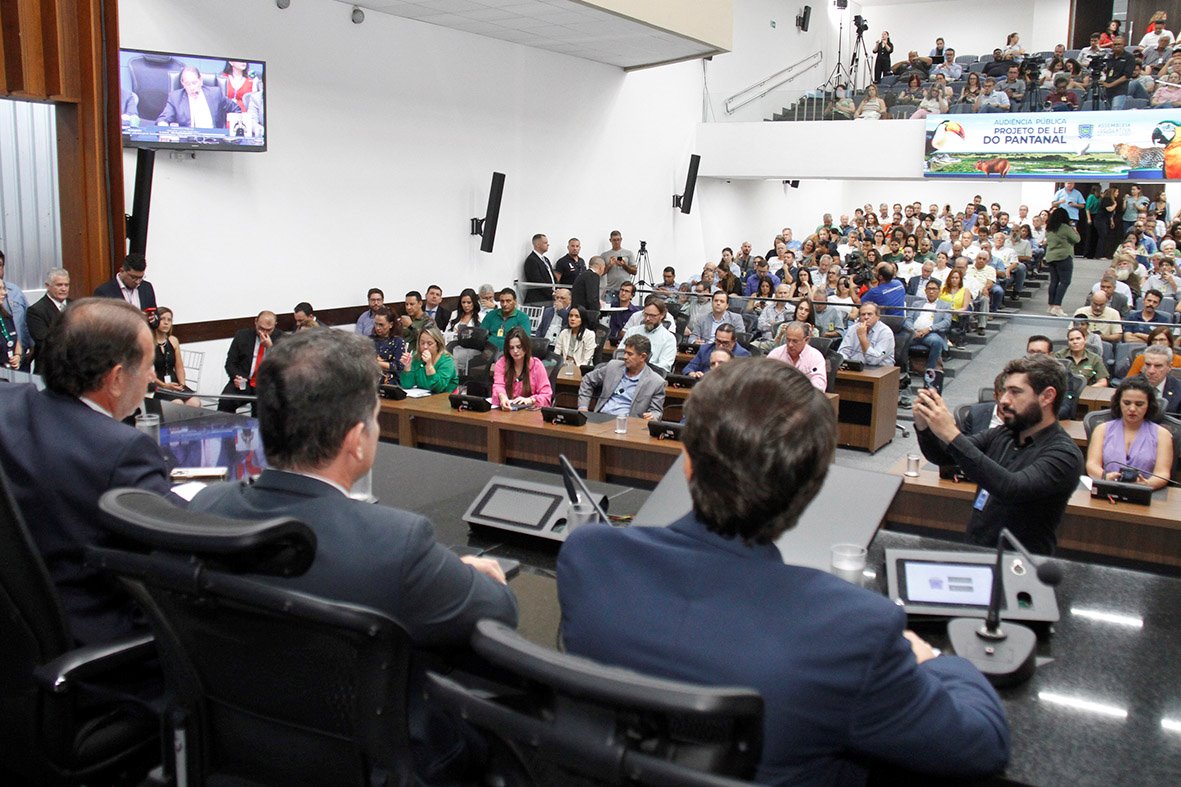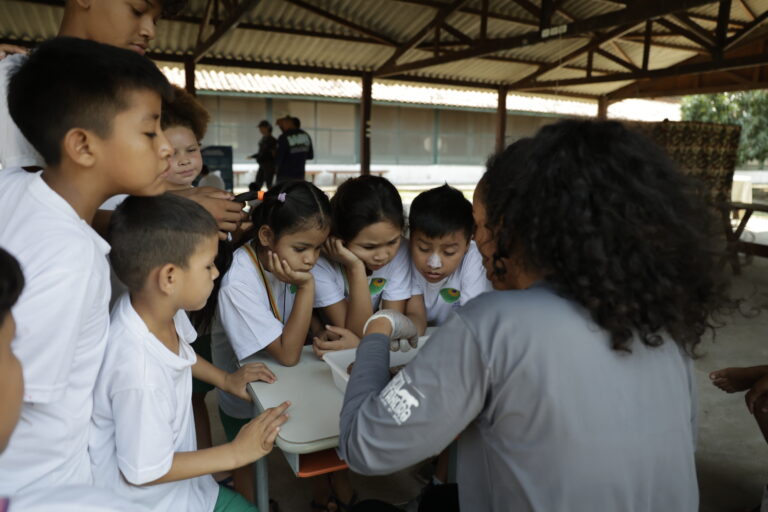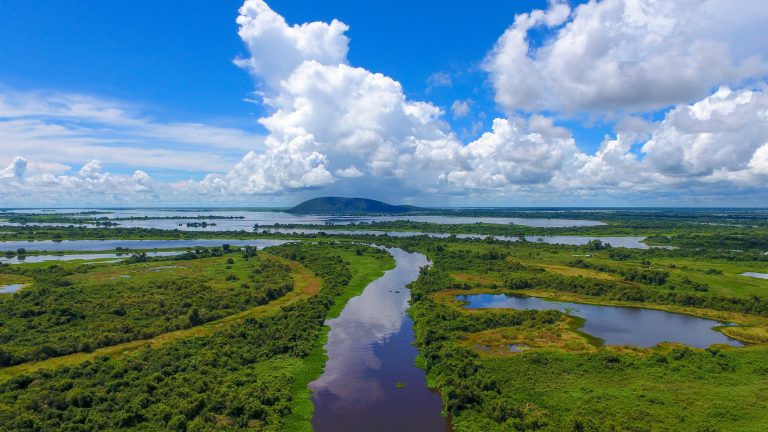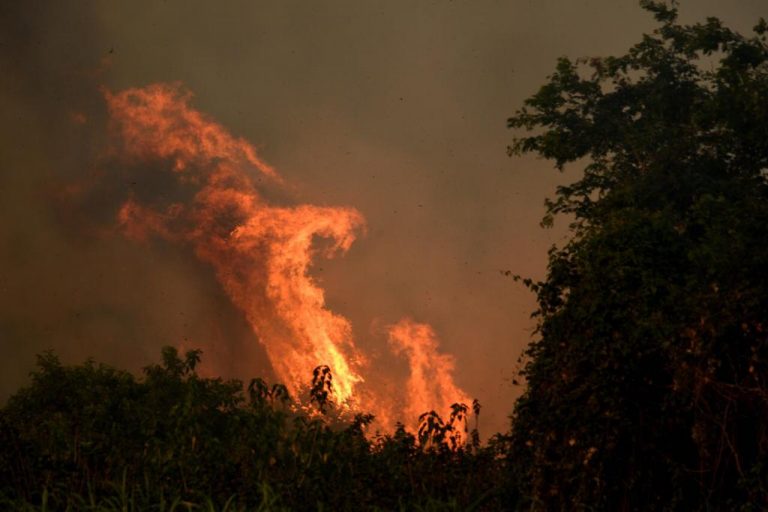ECOA, an organization of the Observatorio Pantanal, has in its work agenda the riverside communities of the Pantanal that have fishing as their main source of income. The institution develops socio-environmental projects with the objective of combining the quality of life of fishermen and fisherwomen with the sustainability of fishing.
The organization contributes in three ways: through practice, through the production of knowledge and the promotion of public policies. Following the line of scientific knowledge, the directors of Ecoa, Rafael Chiaravalloti and André Siqueira, with the researcher Agostinho Catella, from Embrapa Pantanal, published the article “Professional Artisanal Fishing in the Southern Pantanal: History, Management of Resources and Recommendations for Sustainability ”, in the magazine Bio Brasil.
In this paper, the authors review the history of traditional fisher communities, fishing strategies of resource use, scientific findings about possible signs of overfishing, and the consequences of policies focused on both reducing fish catch and area of use.
With the analysis, it was concluded that the major threat to fish stock
does not come from fishers. Rather, it is related to ecological changes led by hydroelectric dams, hydroway, land use changes and climate change in the Pantanal.
Finally, the researchers point out five key actions to the region: 1) return of the Mato Grosso do Sul Fishing Committee, 2) implementation of fishing monitoring scheme, 3) funding to support scientific research focused on fisheries, creation of a sustainable development reserve in the western border of the Pantanal, and evaluation of the impacts from hydroelectric dam projects.

